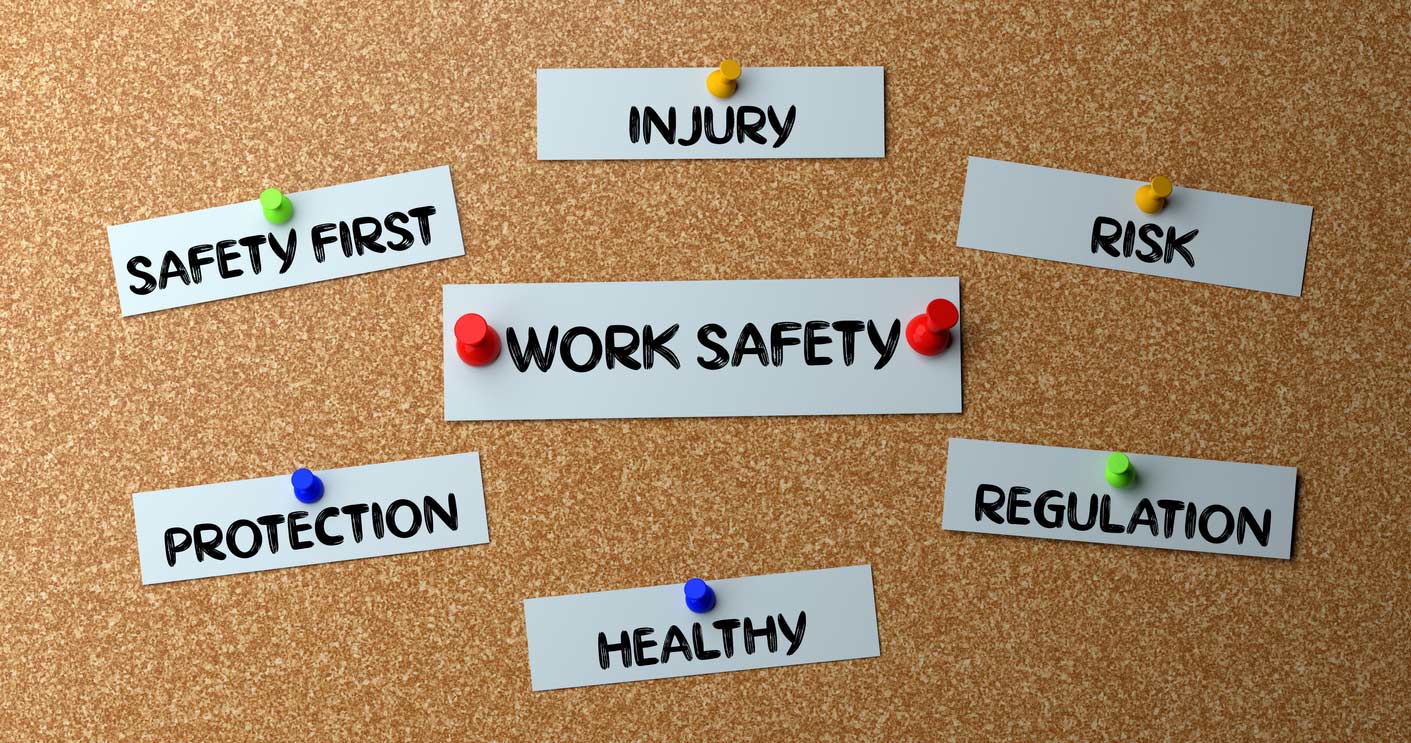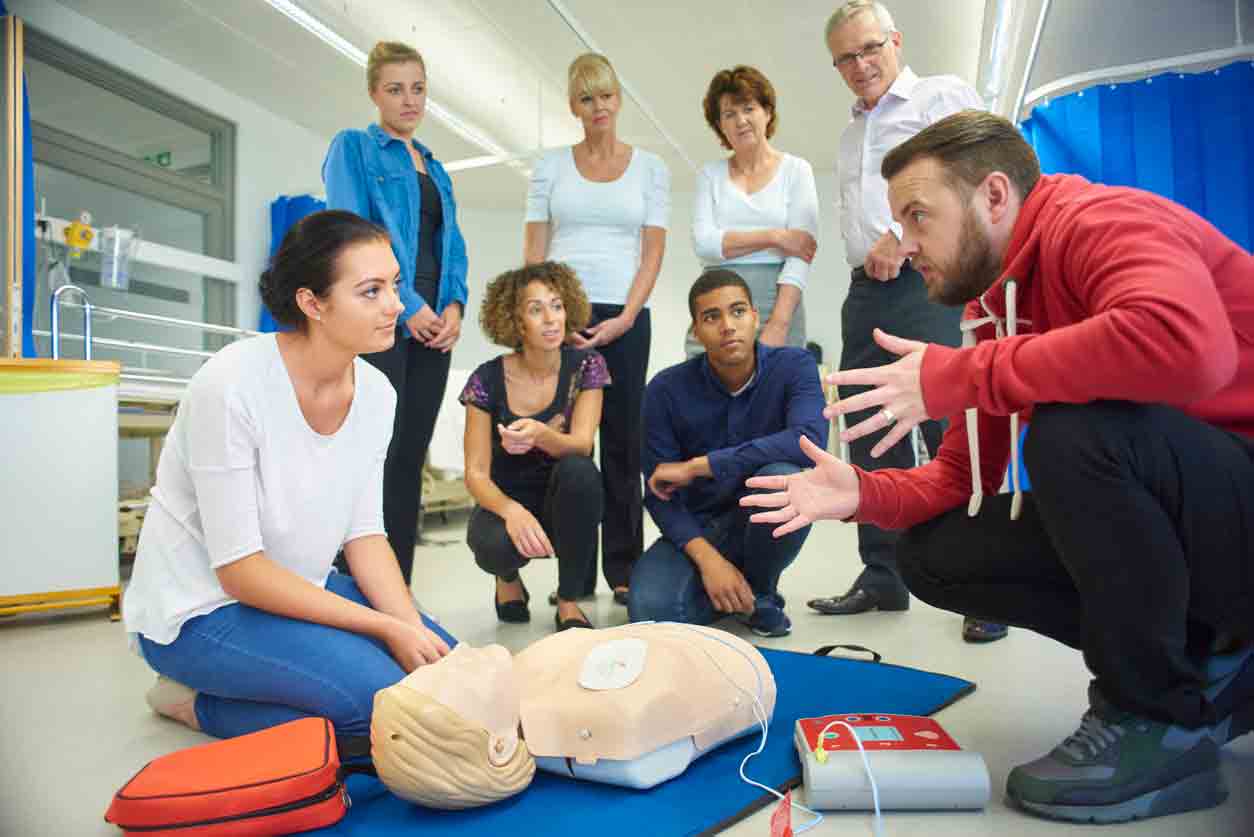High-risk Industries Needing Health & Safety Training the Most
David Bonser • August 19, 2019
Training employees in health and safety is one of the main concerns business owners have. Businesses often have to undergo risk assessments to ensure a safe working environment. Whilst some businesses have it easy, there are some high-risk industries that have to make sure they train their staff in health and safety. Here we are going to look at the ones that are the most high-risk.
Construction
One of the most high-risk workplaces is construction sites. A construction company has to be very aware of health and safety, ensuring every worker on the site is fully trained because serious accidents and even fatalities can occur. Managers of construction sites also should receive more health and safety training as they are responsible for everyone’s safety. Even contractors on the site must provide the proper documentation to show they are trained.
Manufacturing
A manufacturing plant poses a lot of risks to employees health and wellbeing. Everyone should be fully trained in handling machinery. Factory equipment can be extremely dangerous if proper training isn’t given.
Manufacturing companies often also use chemicals. This kind of hazardous material opens up a whole new world of health and safety risks. More training is needed to deal with chemical manufacturing and the disposal of hazardous materials because the chemicals are highly corrosive and have to be handled properly.
Warehousing
Warehouses pose a lot of risks to employees health and safety. High shelves and heavy objects cause common injuries and have been known to hurt people. Proper health and safety training here is crucial, such as the correct storage techniques and workplace risk assessment training. Employees often have to carry heavy items so proper lifting techniques have to be taught.
Healthcare
There are critical risks to health within the healthcare industry. These are the people that look after other people’s health, so it goes without saying that the health of the employees can come under threat as well. Business owners in this industry have to provide a lot of health and safety training for their staff. One of the main training regimes that should be given to healthcare employees is security. When working in hospitals it’s common for patients to act out so employees should be taught how to protect themselves in these.
Share this article:
More articles...

Winter is looming, which means dark mornings and frosty commutes to the workplace for many people. When it comes to temperature, there's no law for a maximum or minimum temperature of a workplace but a good number for all bosses to aim for is between 13-16ºC . While you're waiting for the heating to turn on and for your bones to thaw, here are three tips you can follow if you want to stay warm at work: Wear layers The British weather can be very sporadic; in the morning it's bitterly cold, but the train home is always sweltering. This is why layering up is a great idea as you will never be too hot or cold. A thick, fluffy jumper will keep you toasty while you respond to some morning emails, but wear a thin t-shirt underneath. Another great idea is to pack fingerless gloves to keep your hands warm as you type. Treat yourself to a hot drink Nothing warms up your body more than a hot drink; it warms up your core and helps your body to retain your heat. Best of all, drinking your favourite beverage is a great way to start the day allowing you to relax and take some time for yourself before you embark on the tasks ahead. Be prepared If your job requires you to be mobile, then staying warm and keeping safe in winter is a harder task. A snowstorm can come from nowhere, so prepare for an emergency and make sure your vehicle is loaded with the appropriate provisions. A breakdown kit consisting of a blanket, food and water will help keep you warm and safe if the worst should occur. Before setting off on your commute you should check your windscreen wipers are working fully, check your engine oils and fluids are topped up and that all your lights are in good working condition. For more information on how to keep your employees safe this winter or improve the overall safety of your company, contact GH Safety and see how they can help you.






